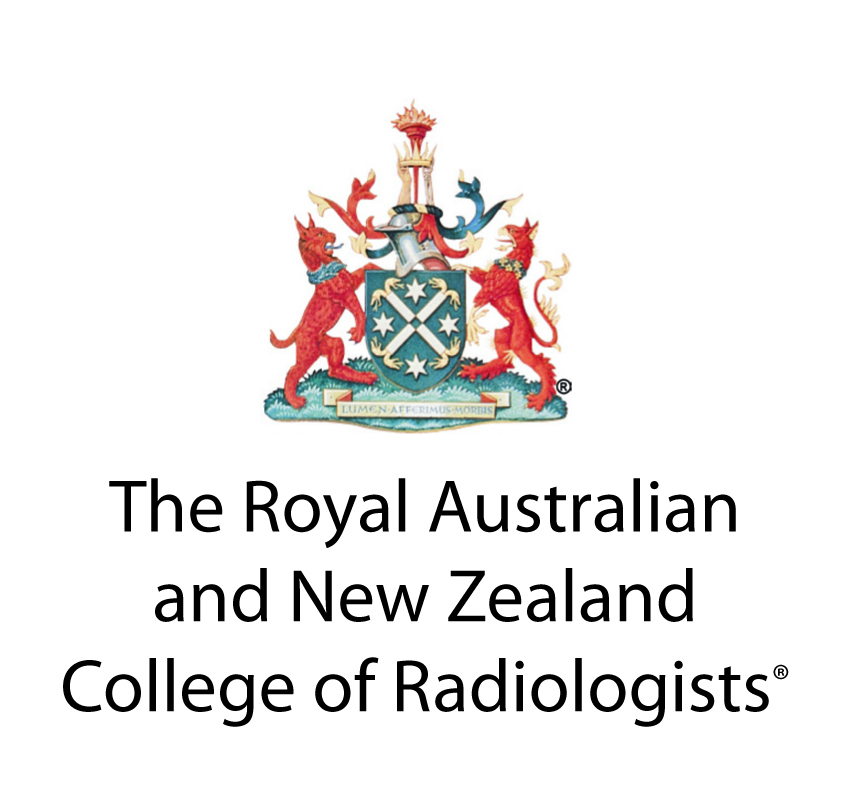Recommendations
Tests, treatments, and procedures for healthcare providers and consumers to question
Australia's peak health professional colleges, societies and associations have developed lists of recommendations of the tests, treatments, and procedures that healthcare providers and consumers should question.
Each recommendation is based on the latest available evidence. Importantly, they are not prescriptive but are intended as guidance to start a conversation about what is appropriate and necessary.
As each situation is unique, healthcare providers and consumers should use the recommendations to collaboratively formulate an appropriate healthcare plan together.
Ankle injuries
The Royal Australian and New Zealand College of Radiologists
Visit page
Clinical radiology recommendations 1-6 (April 2015)
A team of five Lead Radiologists were nominated to guide RANZCR's Choosing Wisely contribution. These Lead Radiologists analysed previous work completed by RANZCR, in particular a series of Education Modules for Appropriate Imaging Referrals.
These modules had been developed from an extensive evidence base and with multiple stakeholder input. Using the evidence from the Education Modules, the Lead Radiologists developed a draft recommendations list, which was then further developed and endorsed by RANZCR's Quality and Safety Committee, before being circulated to the RANZCR membership for consultation with a request for alternative recommendations. Member feedback was reviewed by the Lead Radiologists prior to ratification of the final recommendations by the Faculty of Clinical Radiology Council. The final six items selected were those that were felt to meet the goals of Choosing Wisely, i.e. those which are frequently requested or which might expose patients to unnecessary radiation.
Due to the fundamental role of diagnostic imaging in supporting diagnosis across the healthcare system, RANZCR worked closely with other Colleges throughout the project via the Advisory Panel. Following identification of two common recommendations with the Australasian College for Emergency Medicine, it was agreed by both Colleges to present these items jointly.
Radiation oncology recommendations 7-10 (September 2021)
Recommendations relating to radiation oncology from the Choosing Wisely and Choosing Wisely Canada were circulated around the Faculty of Radiation Oncology Council to determine which recommendations were applicable to the Australian and New Zealand context. The selected recommendations were then put to the Quality Improvement and Economics and Workforce Committees, with each being asked to rank the recommendations. The five highest ranked recommendations were then put to the radiation oncology membership for consultation prior to being formally approved by the Faculty of Radiation Oncology Council. Recommendations 7-10 are adapted from the American Society for Radiation Oncology (ASTRO) 2013 and 2014 lists. Recommendation 11 is adapted from Choosing Wisely Canada’s Oncology list. Each organisation was approached for—and subsequently granted—approval to adapt these recommendations as part of the Choosing Wisely Australia campaign.
This initial list has now been reviewed with recommendations 7, 8 & 10 remaining unchanged, recommendation 9 has been updated based on the advice of the Faculty of Radiation Oncology Quality Improvement Committee and Recommendation 11 has been replaced based on the feedback of the Quality Improvement Committee and the Policy and Advocacy team.
The Australian Physiotherapy Association
Visit page
The APA sought nominations from fellows and associates of the Australian College of Physiotherapy, directors of the Physiotherapy Evidence Database, clinical specialist APA members and academic physiotherapists to form an expert panel. The APA invited all members to submit evidence about interventions related to physiotherapy that should be questioned. From members’ submissions and the expert group’s research, the expert group formed a shortlist of 8 recommendations. The expert group then considered the shortlist in terms of the extent of the health problem, usage of the test or intervention, and the evidence that the test or intervention is inappropriate. From this analysis, the expert panel selected five recommendations to put to APA members. In a second round of consultation, the APA received nearly 2500 responses, and almost 900 comments. The expert panel then considered feedback and refined the recommendations. This resulted in the 6 recommendations put forward below, for which there was overwhelming majority support.
Australian College of Nursing
Visit page
The Australian College of Nursing (ACN) as nursing lead, established a collaborative working party incorporating a diverse range of nursing expertise. Professional nursing bodies involved in initial collaboration included: Congress of Aboriginal and Torres Strait Islander Nurses and Midwives (CATSINaM); CRANAplus; Australian Primary Health Care Nurses Association (APNA); Australian College of Mental Health Nurses (ACMHN).
ACN’s membership was consulted via publications, web site and ACN’s National Nursing Forum. This consultation provided a broad view from our members regarding planning and delivery of nursing care across Australia. An interactive session invited delegates to actively participate in identifying those nursing practices, interventions, or tests that evidence shows provide no benefit or may even lead to harm. This informative stimulating session examined a range of nursing practices and their effects on healthcare consumers.
At this point specialist nursing groups were approached for comment on our recommendations. This group included: Australasian College for Infection Prevention and Control (ACIPC); Australian Diabetes Educators Association (ADEA); Continence Nurses Society Australia (CNSA); Australian and New Zealand Urological Nurses Society (ANZUNS); Medical Imaging Nurses Association (MINA); and the Australian and New Zealand Orthopaedic Nurses Association (ANZONA). Final consultation with ACN Members and Fellows prior to submission ensured a collaborative result.